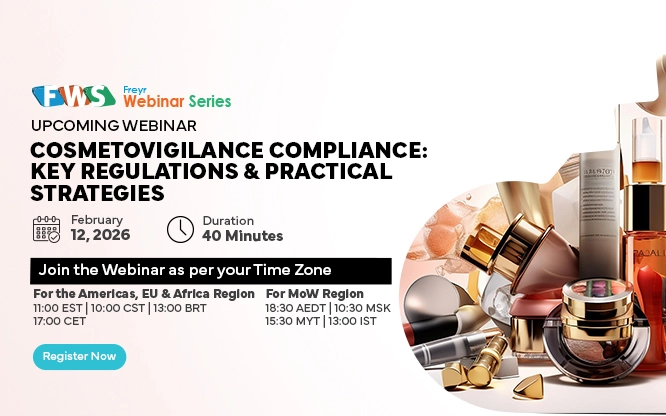Chemical Packaging Regulations - Overview
The chemical packaging industry strives to maintain product quality throughout the value chain, along with minimizing negative environmental consequences. Increasing adoption of sustainable packaging, such as mono materials, bioplastics, and reusable materials, is currently trending in the packaging industry. Moreover, the industry is also adopting green packaging by utilizing sustainable materials that have minimal environmental impact and comply with chemical Regulatory requirements.
Robust packaging reinforces the belief that a company adheres to the highest standards and is committed to the cause of consumer safety. Attractive packaging and labeling also provide a competitive edge to the product, since it acts as a differentiator in the market.
Companies are continuously innovating to keep up with evolving consumer preferences. The rise in e-commerce is prompting them to consider packaging solutions that are lightweight and convenient for transportation across complex distribution channels. Packaging manufacturers are heavily scrutinized across the world as the materials used directly impact the packaged contents and, in turn, affect end consumers. Thus, companies must keep up with the ever-evolving regulations of the packaging industry.
By meeting chemical Regulatory compliance, companies can avoid legal repercussions and product recalls.
Here are some pointers governing the Regulatory thought process involved in packaging:
- More restrictive requirements for materials in direct contact with the product.
- Emphasis on novel materials and methods for their regulation.
- Increased focus on “chemicals of concern.”
- More recycled packaging.
- Innovative, green, and sustainable packaging.
Freyr has extensive knowledge of the latest Regulatory developments across the globe, along with region-specific regulations of the target markets. Freyr, as a strategic Regulatory partner for end-to-end packaging, keeps manufacturers updated with real-time regulations and ensures packaging compliance.
![]() Food Packaging
Food Packaging
Most food packaging is single-use and is considered waste after the contents have been consumed.
Manufacturers are actively moving toward reusable, recyclable, and compostable food packaging.
Appropriate food packaging must:
- Maintain the nutrient content.
- Allow consumption throughout its shelf life.
- Protect from varying climate conditions.
- Safeguard from microbial deterioration.
![]() Cosmetic Packaging
Cosmetic Packaging
Cosmetic contents often react with the cosmetic packaging material. Thus, it is necessary for cosmetic packaging to have:
- Leakage-resistant materials.
- Tamper-resistant materials.
- A robust substrate to prevent contamination.
- Attraction for the target audience and capacity to accelerate decision-making.
- Minimal shelf impact.
![]() Consumer Packaging
Consumer Packaging
Consumer goods range from household appliances to children’s toys. They vary in size and function and require appropriate customization.
A suitable consumer goods packaging should:
- Maintain product integrity and efficiency across multiple stages in transit and in extended storage.
- Protect from external contamination.
- Communicate/highlight the product information in retail sales.
Chemical Packaging Regulations - Expertise
- Identification of chemical packaging compliance requirements.
- Conduct thorough compliance checks.
- Review of food packaging material documents.
- Gap analysis and study of additional requirements.
- Data gap remediations.
- Monitor testing requirements for Regulatory compliance support.
- Proactive observance of Regulatory developments and impact analysis.
- End-to-end safety assessment.
- Safety assessment and analytical testing plan.
- Provide advice on modeling options.
- Provide advice on migration testing (identifying leachables migrating into the formula).


 Cosmetic Packaging
Cosmetic Packaging Consumer Packaging
Consumer Packaging








